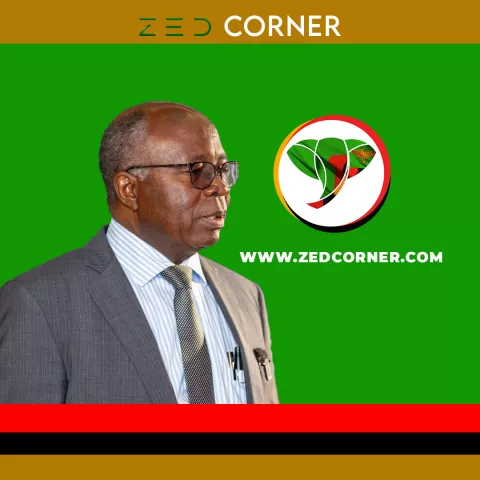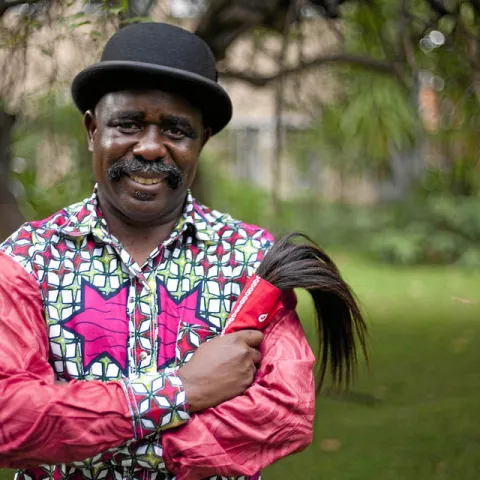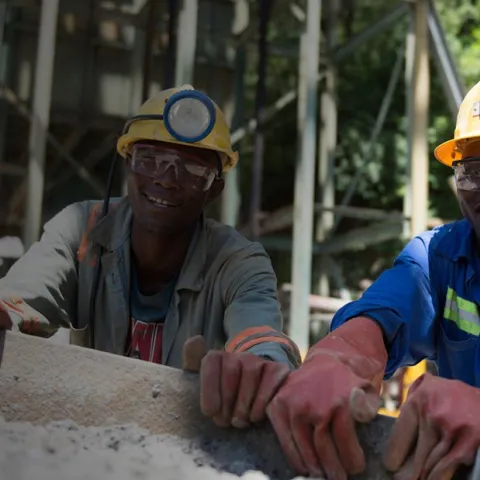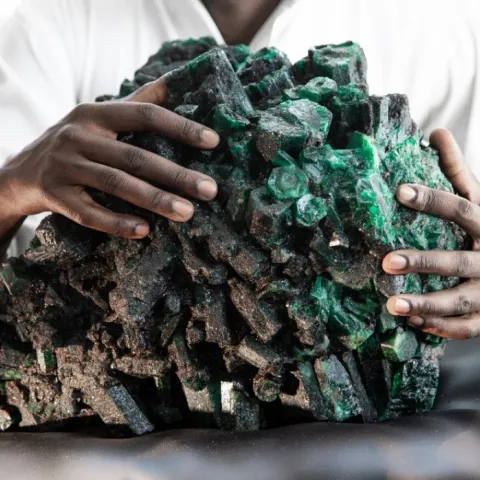
The Zambian government has announced the suspension of export duty on precious stones and metals, a move aimed at stimulating the mining sector and increasing international trade competitiveness. This development follows the issuance of Statutory Instrument No. 4 of 2025, titled The Customs and Excise (Precious Stones and Metals) (Export Duty) (Suspension) Order, 2025.
According to the instrument, which falls under the Customs and Excise Act (Cap. 322), the new regulation took effect on January 1, 2025. The directive, signed by Dr. Situmbeko Musokotwane, Minister of Finance and National Planning, effectively removes export duties on a range of valuable minerals and metals, allowing them to be exported duty-free.
The suspension covers various categories of precious and semi-precious stones, as well as precious metals in different forms. The key items included in the order are:
- Natural and cultured pearls
- Diamonds
- Precious and semi-precious stones (whether worked or unworked)
- Synthetic or reconstructed precious stones
- Dust and powder of precious or semi-precious stones
- Silver and silver-clad base metals
- Gold and gold-clad base metals
- Platinum and platinum-clad base metals
- Waste and scrap containing precious metals
Under the revised framework, these commodities will no longer attract export duty, potentially making Zambian exports more competitive in the global market.
The government’s decision is seen as a strategic move to boost the mining sector, encourage exports, and attract foreign investment. By eliminating export duties, authorities aim to enhance profitability for mining companies and exporters, leading to increased production and job creation.
Industry analysts suggest that the suspension could encourage formal trade and curb smuggling, which has been a challenge in the mining sector. It may also enhance Zambia’s position as a key player in the international gemstone and precious metals market.
The mining sector remains one of Zambia’s economic pillars, contributing significantly to GDP and foreign exchange earnings. By removing export duty, the government is expected to:
- Increase foreign direct investment (FDI) in mining and processing industries
- Enhance revenue collection through higher production and trade volumes
- Support small-scale and artisanal miners who struggle with high operational costs
However, some economic experts warn that while the suspension may boost trade, it could also reduce short-term government revenue from export duties. Authorities will need to ensure that the gains from increased mining activity compensate for this potential loss.









